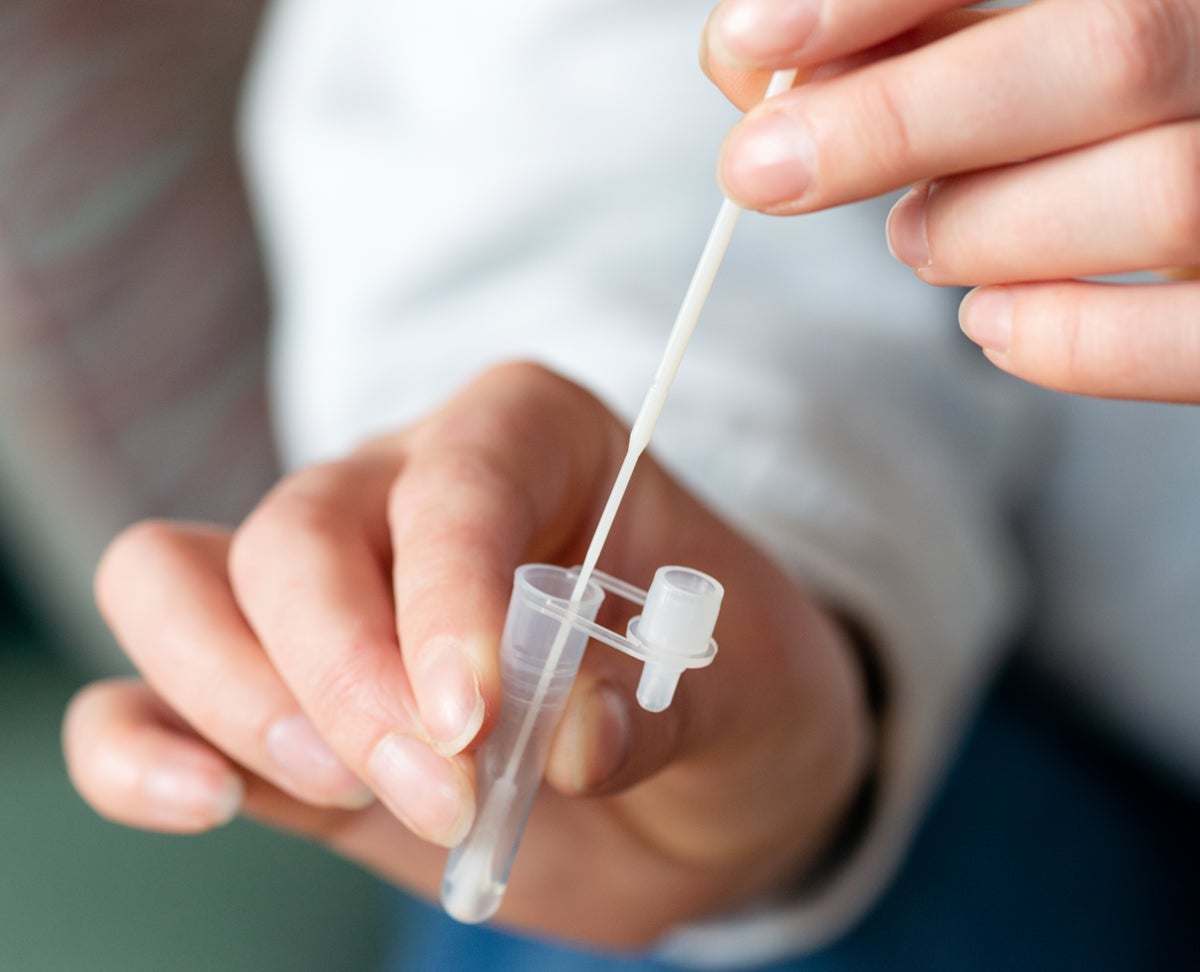The BA.2 sublineage of Omicron remains “a variant of concern,” in the opinion of one of the world’s leading health agencies.
The World Health Organization, part of the United Nations, announced on Tuesday that scientists are still in the early stages of examining the Covid-19 variant. They state:
“Studies are ongoing to understand the reasons for this growth advantage, but initial data suggest that BA.2 appears inherently more transmissible than BA.1, which currently remains the most common Omicron sublineage reported.”

The Omicron wave broke all the previous records for the number of new Covid-19 cases. Today, nearly all cases worldwide are due to one of the Omicron variants. BA.1 remains the most common sublineage, but the professionals are worried by evidence that shows BA.2 gaining ground.
The WHO says the difference between BA.2 and BA.1 is far less significant than between the Delta variant and the original BA.1 Omicron variant.
Most of that data comes from countries where variant has taken hold, such as Denmark
Brunei, Georgia, Nepal, and the Philippines.
Three weeks ago, the variant was causing 1.0 percent of cases in the U.S. By last week, that number had nearly quadrupled to 3.8 percent.
Samuel Scarpino is a researcher tracking the spread of the Covid-19 for the Rockefeller Institute. He says that the rapid rate of growth has experts like him “on the edge of our seats.”

“If it doubles again to eight percent, that means we’re into the exponential growth phase, and we may be staring at another wave of Covid-19 coming in the U.S.,” he states.
“Initial data from population-level reinfection studies suggest that infection with BA.1 provides strong protection against reinfection,” the organization says.
The author of one of those studies, immunologist, and virologist Dan Barouch, said earlier this month that BA.2 “might prolong the Omicron surge. But our data would suggest that it would not lead to a brand-new additional surge.”
The new subvariant is resistant to some of the most effective tools doctors have in fighting Covid-19 infections. Some monoclonal-antibody therapies, which use factory-made immune molecules to help patients respond to infection, are far less effective against the new variant.
“With monoclonal antibodies, we’re trying to hit a moving target,” says virologist David Ho, a co-author on a study that documented the treatment’s waning effectiveness. “It’s a really difficult [endeavor] to chase after a virus.”


